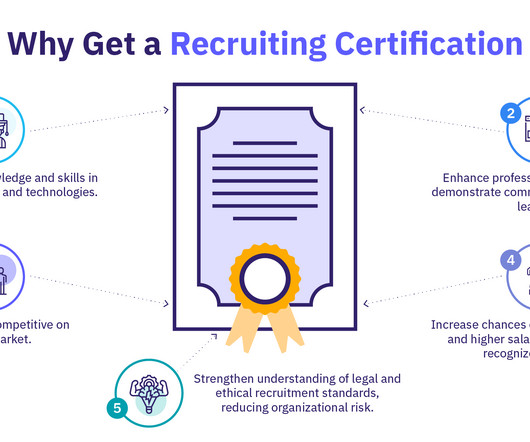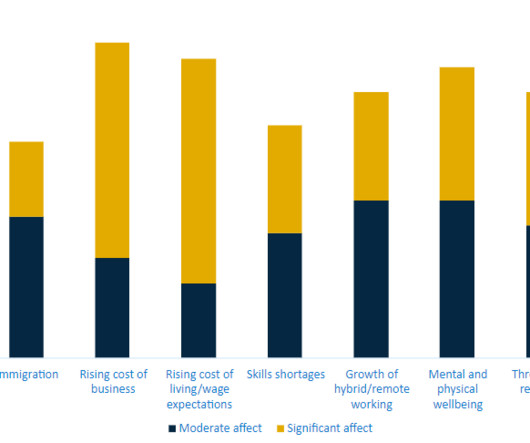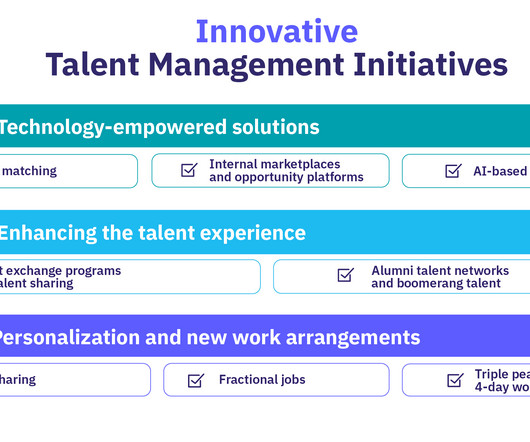Human Resources Generalist: Required Job Duties and Skills
Heyyy HR!
NOVEMBER 16, 2023
Key Responsibilities The key responsibilities of a Human Resources Generalist include: Recruitment and staffing logistics: HR Generalists are responsible for managing the recruitment process, including sourcing candidates, screening resumes, and conducting interviews.



























Let's personalize your content